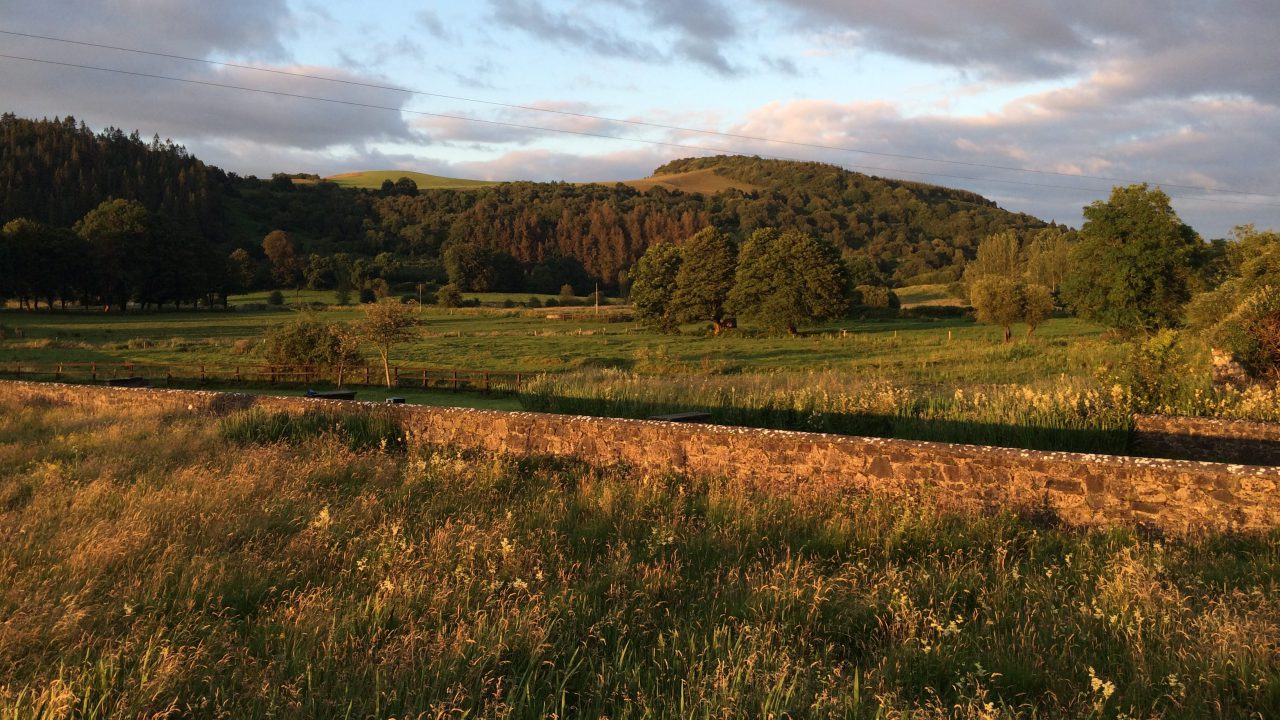The new Results-based Environmental Agri Pilot Project (REAP) scheme has been described as a “step in the right direction” by Macra na Feirme.
However, the young farmers’ organisation maintained that elements of the pilot scheme “must be reconsidered”.
Details of the scheme came to light last week following meetings between the Department of Agriculture, Food and the Marine and farm organisation. The reaction to the pilot from farm leaders has been largely mixed so far.
Macra welcomed the inclusion of increased hectare allowances for partnerships, as this “will result in increased potential for payments as an important opportunity for young farmers to stake their claim environmentally”.
Speaking after the Macra meeting with the department, the organisation’s president Thomas Duffy said that this “reflects that multi-generational partnerships with young farmers are providing benefits to the environment and that deserves recognition in all future schemes”.
However, Duffy highlighted that, while the pilot is a “positive step” for farmers, the largest downside is that “not enough farmers will reap the rewards of this pilot project”.
He argued that some elements of the scheme “may need a rethink”.
Despite these misgivings, Duffy noted that the inclusion of farms over 140kg of organic nitrogen per hectare “is a positive step forward to demonstrate highly-stocked farms can be environmentally friendly”.
Some of the other concerns that Macra raised with the department include the management of grass margins and the number of species eligible for payment for multi-species reseeding.
“The number of non-grass species, recommended at seven, is higher than many commercial mixes. This will pose significant issues with management and persistence,” Duffy pointed out.
“Teagasc’s advice around the management of multi-species swards remains focused on the inclusion of up to five non-grass species and the pilot must reflect this,” he argued.
Duffy noted that the “biggest concern for farmers will be the cost of training and advisory services absorbing more of the income that should be going to farmers”.
The Macra president concluded: “This needs to be addressed by the department with indicative pricing for costs, as the absence of this has been a mistake for other schemes.”
